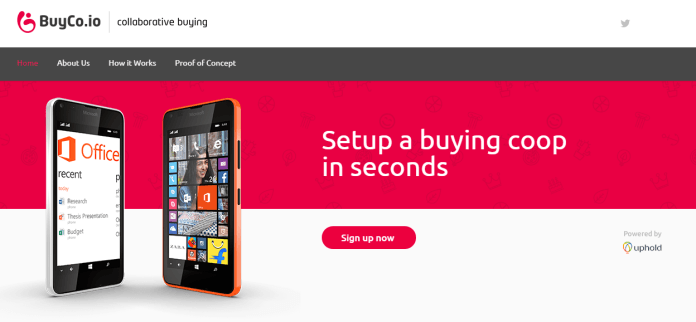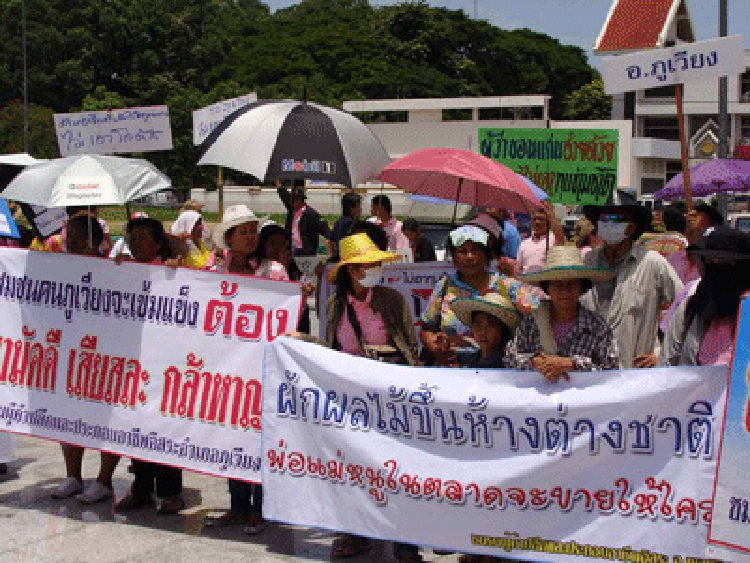D-Commerce stands for Decentralized Commerce which is one type of an E-Commerce. It is a Business-to-Business (B2B) online business.
D-Commerce helps promote the gathering of small retailers that enable consumers, small producers, wholesalers, and retailers to combine their purchasing volume for goods, raw materials or services from one or more suppliers and to place their orders directly to suppliers, in a short or instant period of time. This type of commerce is different from the traditional e-commerce in which sellers need to have their e-shops on established platforms such as Amazon or Alibaba, etc..
At present a company named “BuyCo“ has launched a platform that enables the small businesses to combine their orders to make one big order. Suppliers and buyers can connect with one another quickly, efficiently and yet cost effectively.
This platform made it possible for buyers to come together to order a sizable volume of purchase in a very short period of time. Besides, the whole process of transaction, ie. placing order, managing suppliers, monitoring, billing and collecting money, is done automatically, through the smart contracts system which is created on Ethereum Blockchain1.
Individuals or businesses that buy through BuyCo system can trade with 25 currencies because BuyCo has developed a system that exchange currencies using real time exchange rates, and without any extra cost.
As a matter of fact, the gathering of purchase volume in order to acheive economies of scale by e-commerce is not a new thing. There were similar approaches , for example Groupon which is the gathering of consumers to buy goods and services at lower costs. It is a Business-to-Customer (B2C) type. However, it did not do well and Groupon has been closed down in several countries, including Thailand.
Eventhough D-Commerce introduced by BuyCo has the similar concept of the combined purchasing volume yet its target groups, objective , technology and business model are different from those in the past.
I think that the combined purchase and D-Commerce is very beneficial to small businesses because there was no such technology in the past. Small buyers bought raw materials separately because it was difficult to gather their buying orders. It usually took a long time and extra labor to manage things so they could not truly gain the benefit of economies of scale.
Small businesses thus face hindrance and unable to compete with big businesses. The D-Commerce, however, has been developed to make small businesses buy raw materials in lower prices with better buying terms and conditions and services. The gathering of buyers results in additional bargaining power and economies of scale.. Furthermore, it results in more efficiency in the whole transaction process and lowers the obstacles to enter the market.
Thailand has a large number of small businesses, for example, the number of small enterprises is 2.7 Million, 2, 250,000 small retail shops, 6,800 cooperative in 2014. These small businesses had to close down because they could not compete with big businesses and super stores that have increased thier branches aggressively in the past recent years.
Therefore I think that the government should promote the use of D-Commerce in Thailand. Thai private businesses should develop their own systems or the government should negotiate to bring in the technology and system in Thailand with minimal costs , in order to help small businesses to be more competitive and thus able to sustain and grow their business in the future.
Figure 1 BuyCo, the d-commerce developer

source: http://www.the-blockchain.com/2016/02/22/dcommerce-startup-buyco-io-pioneers-collective-purchasing-through-a-blockchain/
Figure 2 Example of the website of Groupon when in business in Thailand

ที่มา: http://newdavich.in.th/wp-content/uploads/2010/12/mygroupon_blog_newdavich-640×353.jpg
Figure 3 The demonstration of small retail shop owners from Khon Kaen, 13 October, 2009 in front of the Carrefour Store

Source: http://www.manager.co.th/Daily/ViewNews.aspx?newsid=9520000120494
Source :amthaipaper
ISSUE 0109 (January-February 17)
Kriengsak Chareonwongsak
Senior Fellow at Harvard University’s Center of Business and Government.
kriengsak@kriengsak.com, http://www.kriengsak.com
Source : http://js.helpfoundation.pk/images/Icons/Developmental_Initiatives.jpg
